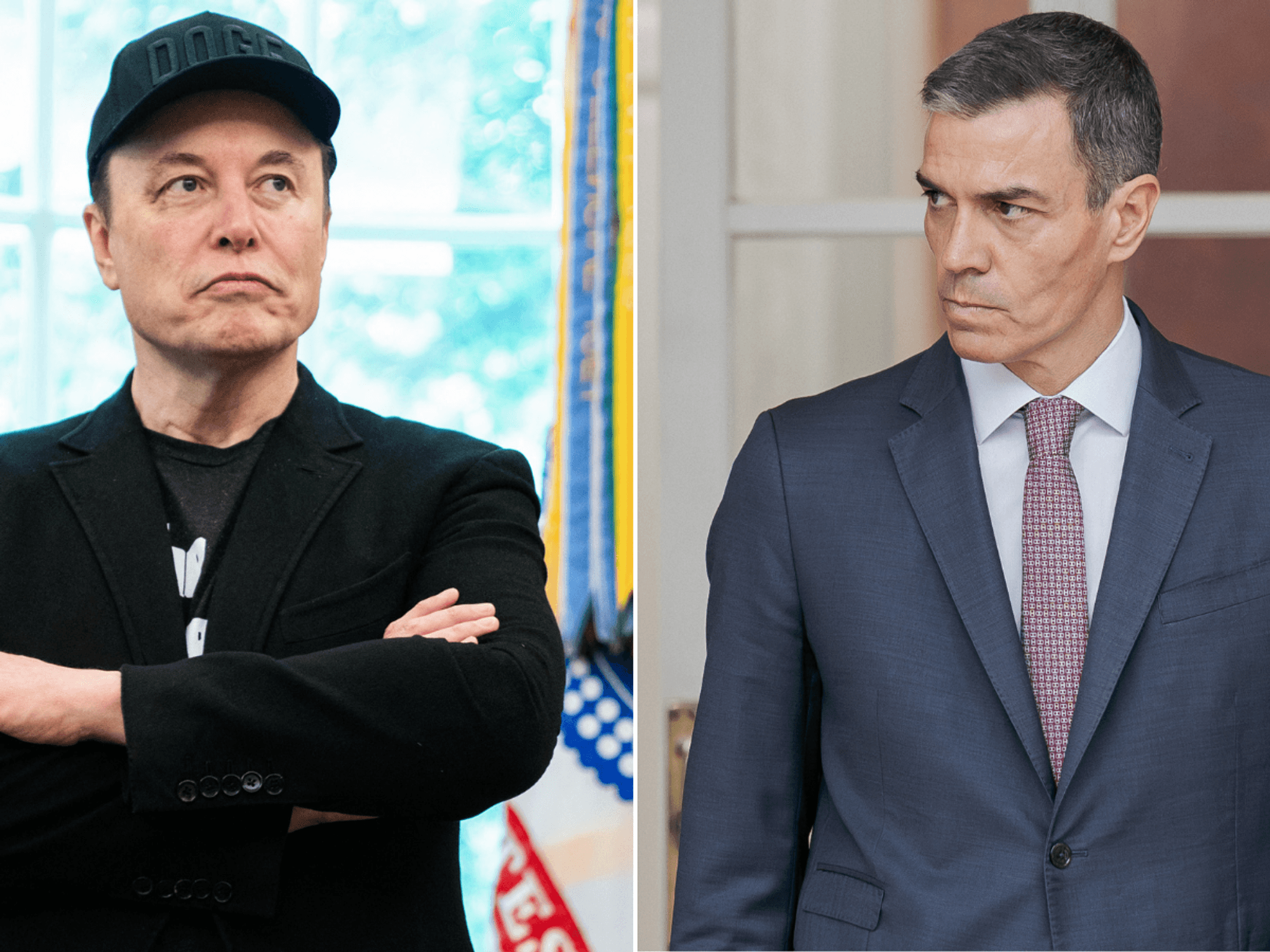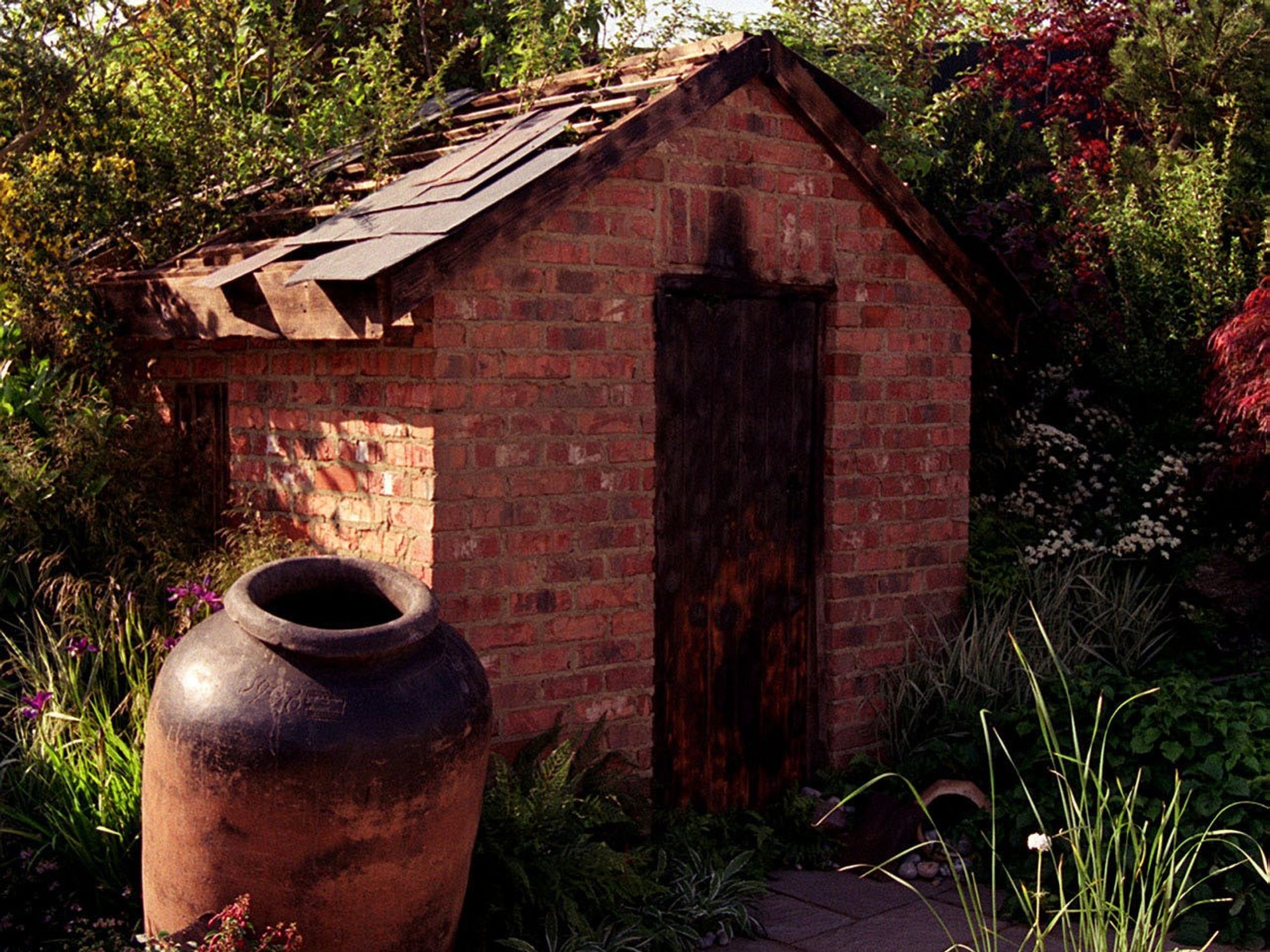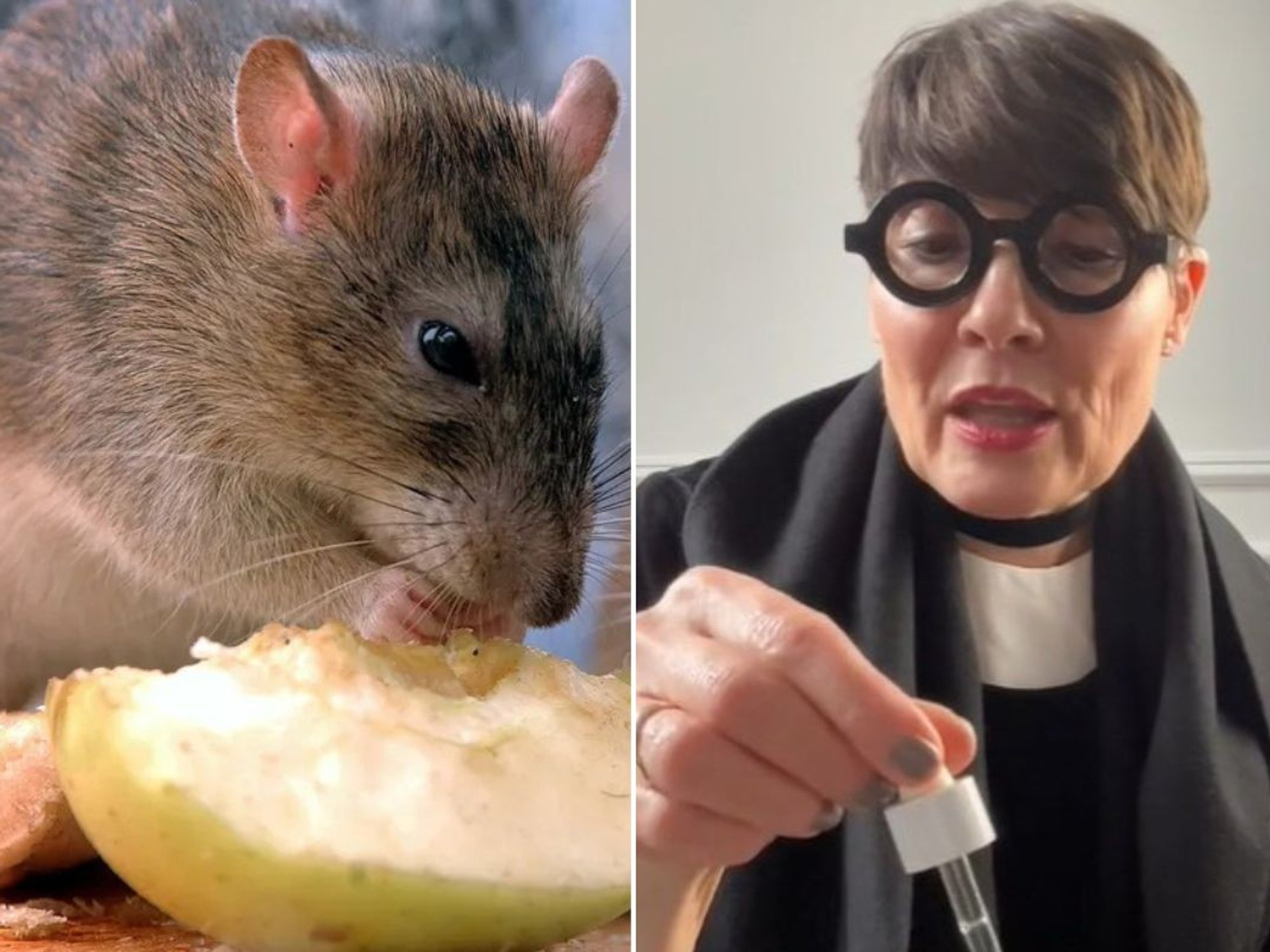BBC censors own presenter after on-air rant at broadcaster's funding cuts
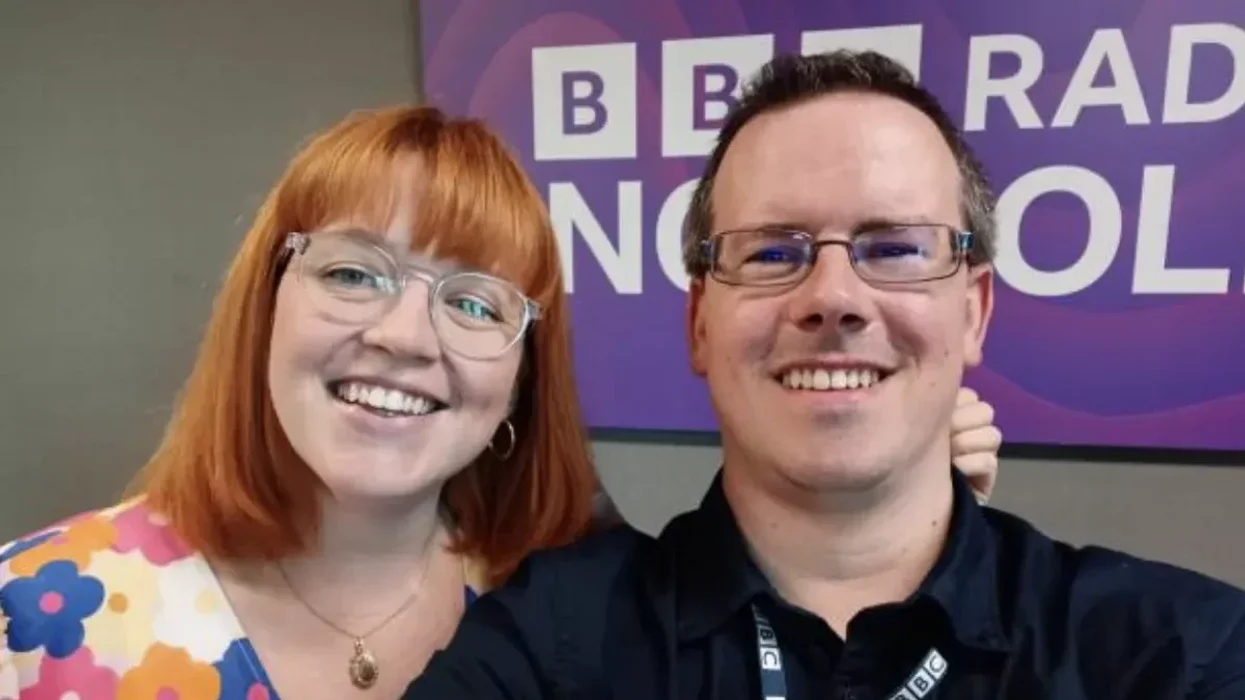
Sophie Little (left) and Paul Hayes presented the last ever episode of Radio Norfolk's Treasure Quest | BBC

The UK’s national broadcaster started to cut local radio funding as it shifted its focus to web streaming
Don't Miss
Most Read
The BBC has censored its own radio presenter by cutting her off on-air after she attempted to criticise the broadcaster.
Sophie Little, who hosts Treasure Quest on BBC Radio Norfolk, condemned the broadcaster over cuts by claiming it was “ableist and ageist”.
The clue-hunting programme got the chop due to the corporation’s decision to reduce the amount of local radio shows on offer.
Little appeared on the show for a decade and opened the last episode by claiming she believed it was her duty to use her platform “to speak up for others”.
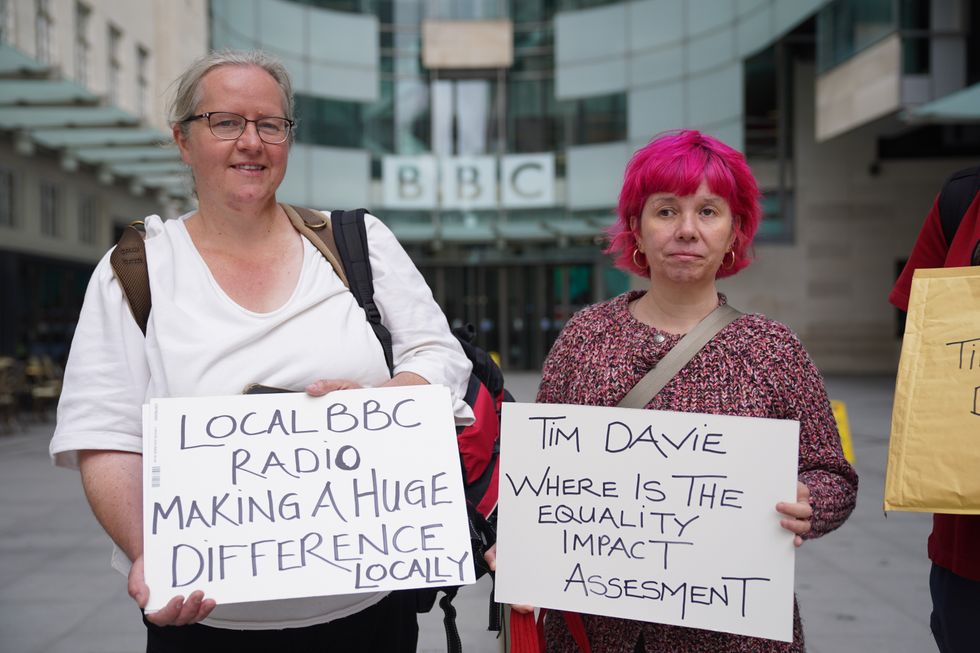
People demonstrate against the BBC's plans to cut local radio stations, outside BBC Broadcasting House in London
|PA
She is now leaving the BBC to set up a production studio called Soundyard.
Little told The Times: “Those who are lonely and isolated, or those who are unable to leave their house, or unable to use the internet, or unable to pay for broadband.
“Those who not only take comfort from the company of a familiar voice coming out of their radio, but who truly rely on it to keep going.
“I feel the cuts are ableist, ageist, and they place economic barriers for some people too.”
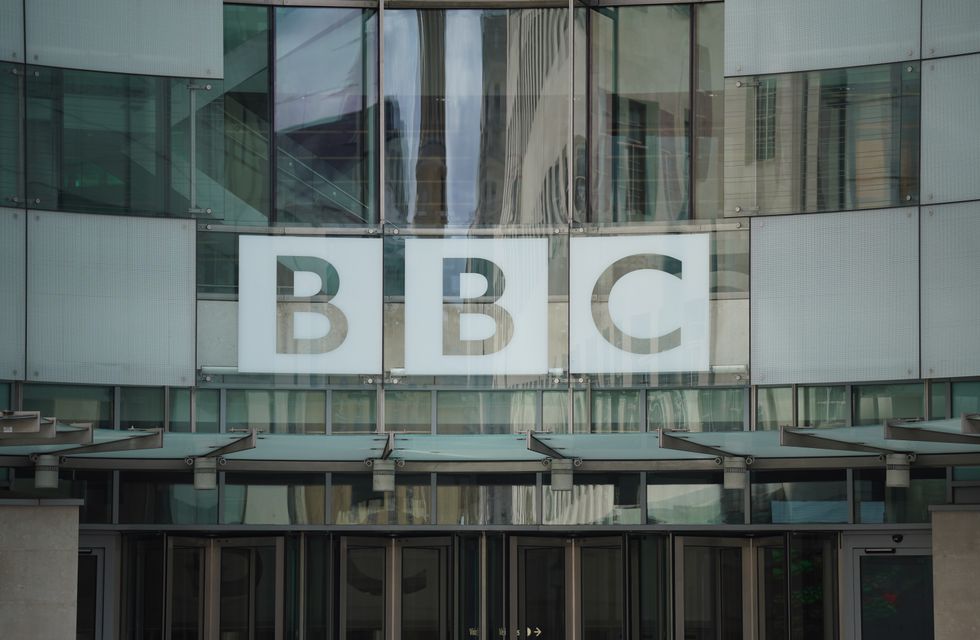 A general view of BBC Broadcasting House, in central London | PA
A general view of BBC Broadcasting House, in central London | PAA BBC spokeswoman said: “Part of this programme has been edited since broadcast for editorial reasons and this is made clear on the programme’s BBC Sounds page.”
The broadcaster is facing the threat of legal action over its plans to cut local radio coverage.
Lawyers representing visually impaired listener Sarah Leadbetter have written to BBC director-general Tim Davie and acting-chairwoman Dame Elan Cross Stephens after discovering that the BBC failed to conduct an equality impact assessment regarding the proposals.
Failing to complete a thorough test means the BBC breached its duty under the Equality Act, the lawyers have claimed.
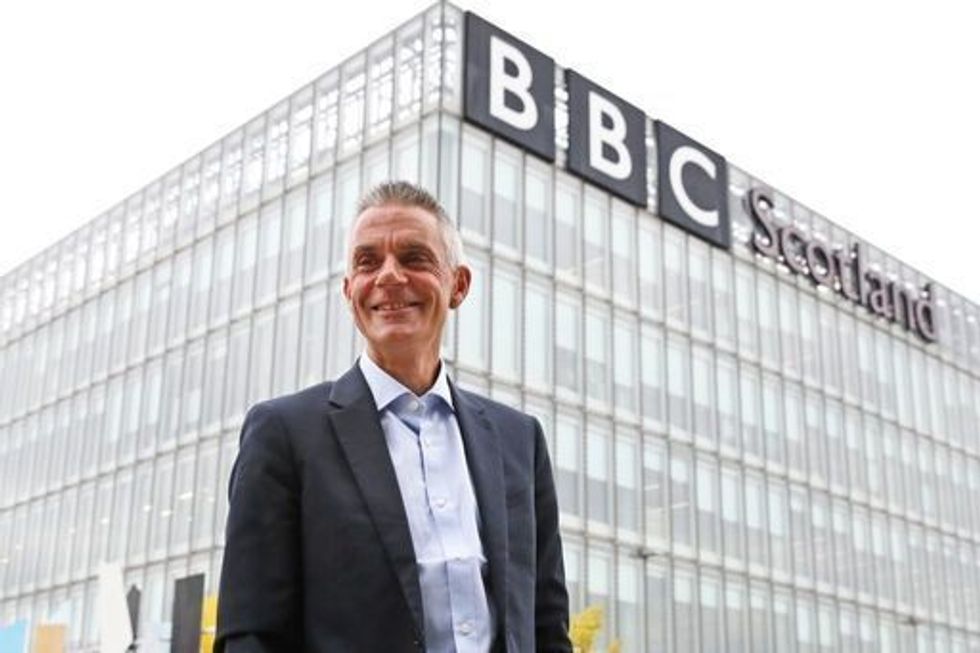
Tim Davie photographed outside the BBC Scotland
| PASarah Gayton, from the National Federation of the Blind, said: “What use is online content when you are not online?
“What use is an app when you do not have a smartphone or access to the content?.
“There is absolutely no place for discrimination in our public bodies and especially in the BBC.”
A BBC spokeswoman also claimed: “We will ensure that we keep that longstanding companionship and connections with listeners, but we also need to reflect changing audience habits by investing more in local online news, which is all fully accessible on the BBC news website and app.”
GB News radio has meanwhile emerged as the nation’s Number One news station in prime time, according to official RAJAR ratings figures released last month.
Chief Executive Officer Angelos Frangopoulos said: “We’re aiming to be the UK’s Number One news channel by 2028 and these figures show we’re already achieving that in prime time across the board.
“Online, we have the fastest-growing news website in the country, and on television we are increasingly breaking the duopoly of Sky News and BBC News by winning the ratings at Breakfast and in prime time especially.”







